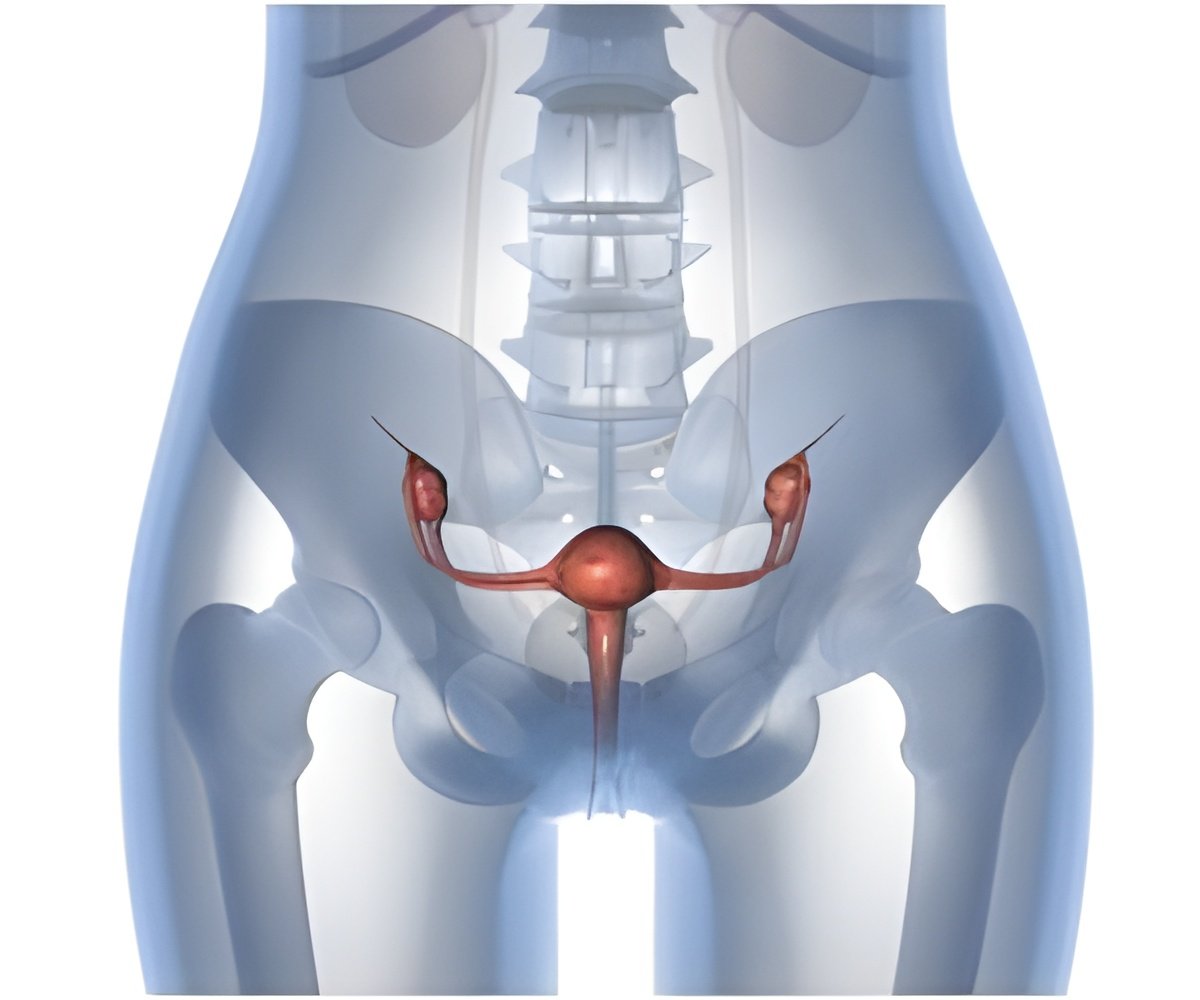New research has found that more than half of the older, anemic patients did not need blood transfusions as they recovered from hip surgery.

Doctors have long assumed that transfusions strengthen patients weakened by anemia, improving their chances at recovery from surgery after hip fracture. But the North American study of more than 2,000 patients found no significant difference in rate of recovery between patients who received transfusions at a moderate level of anemia and those who did not receive transfusions until their anemia was more advanced.
"Hip fracture is a major public health problem for our rapidly growing older population," says senior author Jay Magaziner, Ph.D., M.S.Hyg., professor and chair of the Department of Epidemiology and Public Health at the University of Maryland School of Medicine. "These fractures lead to serious declines in the ability to walk and carry out routine activities independently. After hip fracture, our goal is to get patients back on their feet and mobile again. If they can walk without the help of another person, they can take care of themselves and keep their independence."
Surgery to repair hip fractures and give patients a chance to walk again comes with its own major challenges, including anemia after the procedure, says one of two principal investigators on the study, Michael Terrin, M.D., C.M., M.P.H., a professor of epidemiology and public health at the University of Maryland School of Medicine.
"Recovery from surgery can be difficult, in particular in patients with cardiovascular disease or risk factors," Dr. Terrin says. "With this study, we set out to examine whether administering blood transfusions at a moderate level of anemia would improve the chances that these particular patients would walk again. We found that for some of these patients transfusion can be an unnecessary medical procedure."
The study, published online on December 14, was funded by the National Heart, Lung, and Blood Institute, part of the National Institutes of Health. Dr. Terrin was principal investigator for the data coordinating center, which collected and analyzed the data gathered at clinical sites in the United States and Canada. The clinical arm of the trial was led by principal investigator Jeffrey L. Carson, M.D., professor and chief of the Division of General Internal Medicine at the Robert Wood Johnson Medical School at the University of Medicine and Dentistry of New Jersey.
Advertisement
The researchers followed up each patient about 60 days after their placement in one of the study groups to track how many were unable to walk across a room without another person's assistance or had died. They found that 35.2 percent of patients in the liberal transfusion strategy group had died or could not walk across a room. In the more restrictive transfusion group, the rate of death or inability to walk was 34.7 percent, not much different than in the liberal arm.
Advertisement
The study examined a particularly vulnerable population — elderly, anemic patients with a history of or risk factors for cardiovascular disease. The findings likely have implications for healthier patients as well, says Dr. Terrin.
"If the extra blood provided by these transfusions didn't do these patients any recognizable good, it seems unlikely that transfusion would do any good for less precarious patient populations who are free of symptoms of anemia and maintain hemoglobin levels above 8 grams per deciliter on their own. It seems transfusions could be withheld across the board for a large number of patients."
The study could have an immediate impact on patient care, says E. Albert Reece, M.D., Ph.D., M.B.A., vice president for medical affairs for the University of Maryland and John Z. and Akiko K. Bowers Distinguished Professor and dean, University of Maryland School of Medicine.
"Our top tier scientists strive to bring better care to patients and to help doctors make good decisions based on good science," says Dean Reece. "This research is an outstanding example of how our groundbreaking research is affecting medicine in the clinic in crucial ways."
Source-Eurekalert


![Health Insurance Portability and Accountability Act [HIPAA] Health Insurance Portability and Accountability Act [HIPAA]](https://images.medindia.net/patientinfo/120_100/hipaa.jpg)











